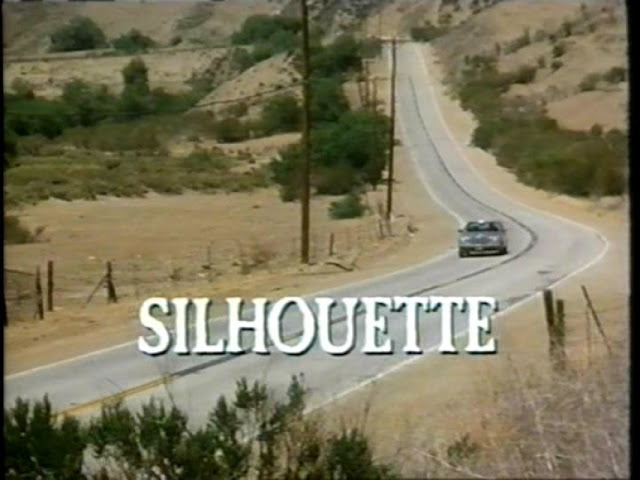/ Pictured: portrait of Faye Dunaway by Helmut Newton for Vanity Fair magazine, 1987 /
Recently watched: Faye (2024), Laurent Bouzereau’s bittersweet HBO documentary about volcanic screen icon Faye Dunaway.
It immediately disarms by emphasizing Dunaway’s scary diva reputation. Before we see her, we hear Dunaway imperiously snapping “Can we shoot? We need to shoot. I’m here now. C’mon. I really would like to shoot” then fretting “This is the worst seat in the world. I’m not happy with anything here … I need a glass of water, not a bottle.” This is followed by the notorious Johnny Carson clip of a desiccated and cantankerous Bette Davis raging she wouldn’t work with Dunaway again for a million dollars. And the revelation that co-star Jack Nicholson nicknamed her “Dread” (as in: “the dreaded Dunaway”).
From there, Faye provides context. Ambitious Southern farm girl Dorothy Faye Dunaway dragged herself up from humble beginnings through grit, talent and beauty (via old family photo albums we chart the emergence of her sensational cheekbones and hooded eyes), diligently studying her craft and toiling onstage until catching Hollywood’s attention. In her 1967 film debut The Happening, Dunaway is already weird and edgy (she was never a conventional ingénue). Faye scrutinizes Dunaway’s triumphs in New Hollywood classics like Bonnie & Clyde, Chinatown and Network but also her career disappointments (like Mommie Dearest – a previously verboten subject – and the aborted Maria Callas biopic, her passion project), personal tribulations (her father’s alcoholism, the death of her younger brother, her divorces, the adoption of her son Liam, the confession that Marcello Mastroianni was the love of her life. And – unexpectedly – her fixation with Blistex lip balm).
Faye also reveals Dunaway’s battles with bipolar disorder and alcoholism. (I remember when Nina Simone was regularly described as “volatile” and “temperamental”. It wasn’t until after her death it was disclosed, she struggled with mental illness). The supportive Liam ponders, “If she wasn’t in so much pain, would she have been that good?” Dunaway is a mesmerizing actress – do we need her to also be "nice", “relatable” and “likeable”? As one of the featured talking heads replies when asked to summarize Dunaway in one word: “She’s complicated.”


























